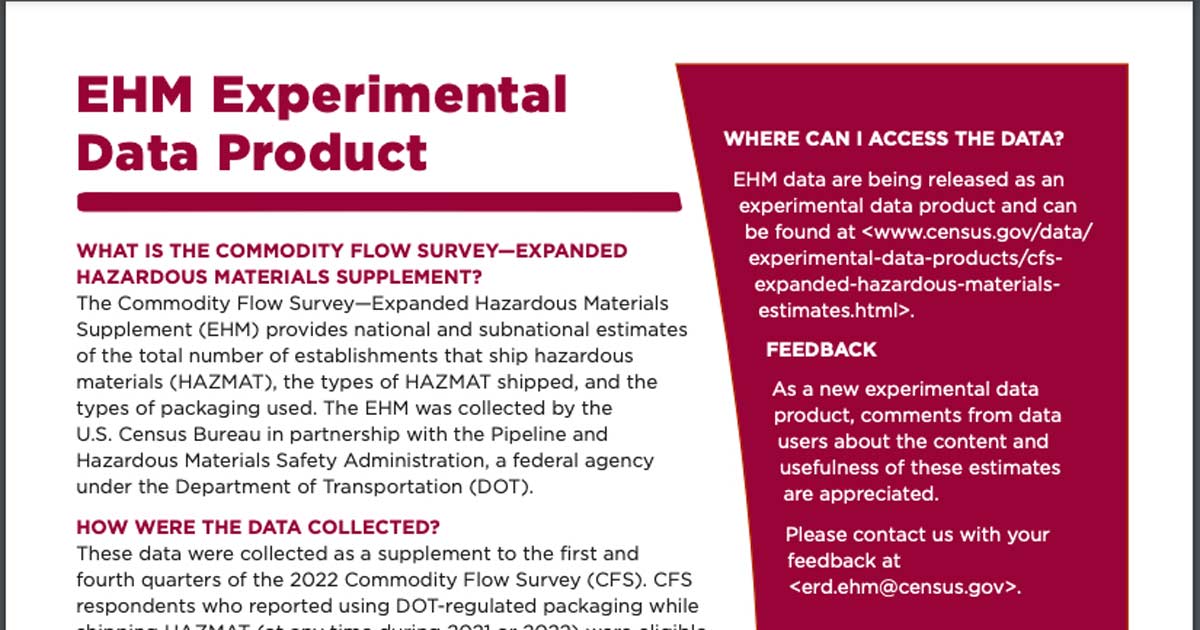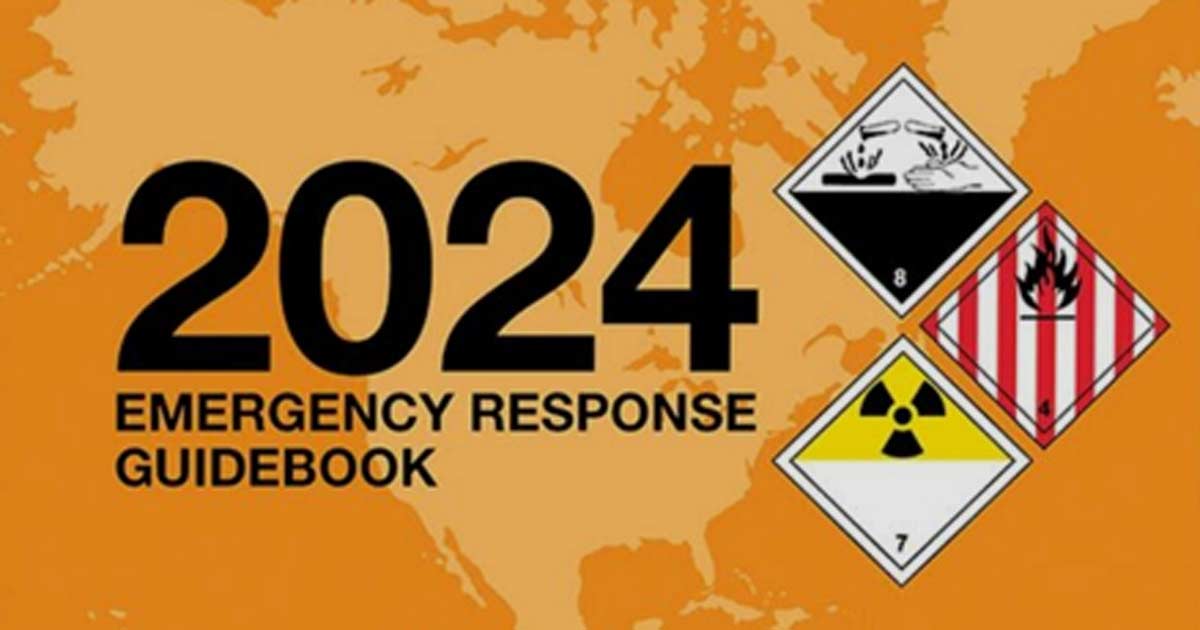Originally published by 11abcEyeWitness
DURHAM, N.C. (WTVD) — An ABC11 I-team investigation uncovered the carbon monoxide emergency at a Durham public housing complex cost $9 million to fix.
McDougald Terrace drew national attention in late 2019 when hundreds of Durham residents were evacuated and multiple hospitalized due to high levels of carbon monoxide.
A year later, millions of dollars have poured into repairing 346 units at the Durham Housing Authority (DHA) complex but the national spotlight on inadequate upkeep of public housing across the country has only amplified.
“There were so many different issues that were going on before the pandemic started, before McDougald Terrace had their emergency, and that really just showed people what was really going on,” said Pamela Atwood, the director of Housing Policy at the North Carolina Housing Coalition.
The expenses
“It’s definitely a lot of money, but it also speaks to the issues of one, the impact of that crisis, and then two, the amount of work that’s needed,” said DHA CEO Anthony Scott.
More than half of the money was spent on relocating and administrative expenses.
The hundreds of displaced families lived out of hotels while DHA repaired their units.
2020 DHA budget suggests McDougald Terrace maintenance cuts
Stipends and accommodations for those residents totaled $4.5 million.
While the units were being repaired and empty, DHA paid $383,000 for security to guard the property from vandalism and theft.
“At 35 acres, it was necessary to protect the units from break-ins, especially because everyone knew that residents were evacuated,” Scott wrote in an email to ABC11.
DHA spent $3.7 million on making the necessary repairs including electrical work, plumbing and fixing appliances.
Part of repairs also included around $602,000 for inspections.
The city of Durham contributed a little more than $900,000 for electrical repairs from its Dedicated Housing Fund.
A majority of the costs (77%) were funded through DHA’s operational funds.
Another $1 million was pulled from DHA’s capital funds that is normally used for larger scale projects.
“So with the McDougald Terrace crisis, we essentially wiped out about two thirds of those dollars,” Scott explained.
He explained using that much funding on just one property will “significantly impact” DHA’s abilities at its numerous other housing communities.
“The ripple effect is delayed long-term repairs that we’d like to be able to do,” Scott said. “So it’s not the day-to-day repairs, but it is what is causing in some cases those day to day repairs.”
The ultimate risk of putting off major repairs then places authorities like DHA in a similar situation that led up to the McDougald Terrace emergency.
“I think with the overall deterioration that continues with a lot of our properties, you are certainly kind of moving down that path, but we were hoping to be able to do is a more thorough inspection process,” Scott explained.
DHA is working to identify and prioritize repairs that need immediate attention but is also still scrambling to catch up on repairs delayed by the pandemic.
“We’re inundated with having to do repairs in these various units,” Scott said. “So we delayed from really about March to about August, and then we were able to pick up again, but that meant, we were that much further behind with repairs then what our intent was at that time.”
DHA currently has 283 open maintenance requests with 45% of the requests pending for over a year.
A bigger fix needed
“I talked about the fact that there are 1.1 million public housing units across the country, and we make up about 2000 of that,” Scott said. “So when we talk about these issues and, you know, I’ve worked in other cities, these are the same stories, the same issues we talk about over and over again.”
DHA and other public housing authorities across the United States receive a majority of their funding through the U.S Department of Housing and Urban Development or HUD.
For years, advocates have pointed to the lack of necessary funding needed to upkeep these aging properties.
“It definitely has reached crisis proportions,” said Pamela Atwood, the director of Housing Policy at the North Carolina Housing Coalition. “Over the past 30-40 years we’ve seen dramatic disinvestment from our government in what has spent towards housing.”
Because of this consistent underfunding, many find that situations like the one that unfolded at McDougald Terrace last year were decades in the making.
Back in 2010, HUD estimated it faced $25 billion in backlogged maintenance and repairs nationwide. Scott said today that equates to around $54 billion and breaks down to each public housing unit getting shorted around $49,000.
“It might not seem like a big deal at first but you add on years and years and years of ignoring a problem, that problem becomes even larger to a point where it breaks down and that’s what you saw at McDougal Terrace,” Atwood said.
Atwood said now the country is facing numerous crippling properties that threaten residents immediate health and safety.
The carbon monoxide emergency was not the first time issues emerged at the McDougald Terrace complex.
McDougald Terrace has failed its last two federal inspections. The property scored a ’31’ in 2019 and ’21’ in 2017; a score below 60 is considered failing. Nationwide, it has the 60th lowest score out of 6,638 properties.
It’s not just McDougald Terrace. Multiple other properties with DHA consistently scored the lowest out of all North Carolina properties, according to federal inspection data.
“You know that the Durham Housing Authority has been perpetually underfunded in their capital expenditures, they are pretty stretched thin, they are just trying to hold on and I think it’s definitely part of why they consistently have such poor rating is with their inspections and it’s not necessarily unique to the area,” Atwood explained.
Beyond funding, Scott said the country needs to revamp how it views and designs public housing.
“When they created public housing, it was not created in a way to be an integral part of the fabric of a community and we think that that is one of the true tragedies with a lot of our housing,” Scott said.
He explained DHA is trying to change that and incorporate future developments in downtown Durham.
Looking forward both Scott and Atwood remain hopeful that the new year could bring changes.
“With everything that has been going on I think it’s a time to start reflecting on some of those values around housing and how we think housing should be handled by society and who has what role in ensuring that everyone has access to housing,” Atwood said.
Last year, Governor Cooper proposed a $500 million affordable housing bond for 2021 but it remains just an idea.
At the federal level, Scott said he would like to see lawmakers tie public housing to an infrastructure funding bill.
“That’s certainly what our, our industry has been pushing for, because if we can get that kind of commitment, rather it’d be direct funding or the expansion of the 9% low-income housing tax credit program that will mean that housing authorities will be able to create communities that are first and foremost rebuilt so that there to today’s standards and secondarily that they are more financially feasible,” Scott said.











